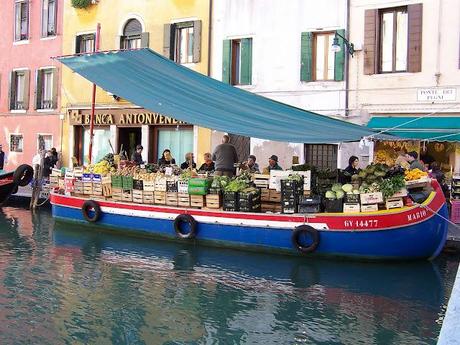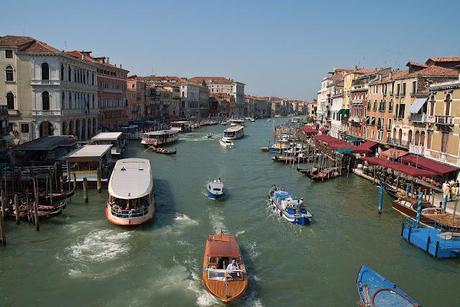
Who has not heard of the Carnival of Venice?
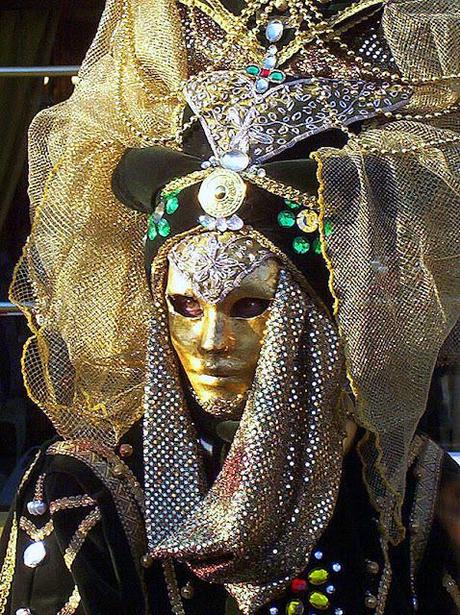
A festival whose origins date back to 1094, evidenced by a document which speaks of a period of celebrations before Lent. The carnival, however, has even older roots, related to the rites of passage from cold and sterile winter to the hot and fertile spring; rites that characterized the life of an ancient agricultural civilization.
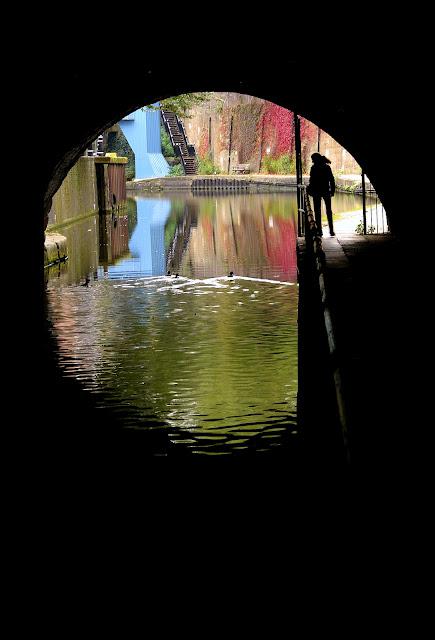
Going even further back in time we can think of Carnival as a festivity related to the Dionysian cults during which was allowed to let go, losing all kinds of social inhibitions.
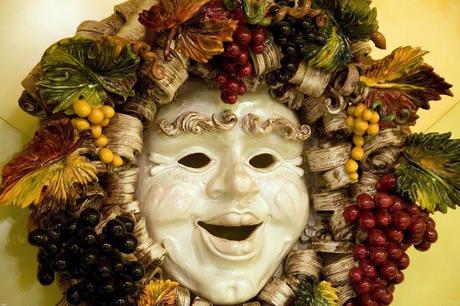
In Venice there was a grant by the aristocracy given to the mob, who, once at year, had the opportunity to take the role of the rich and powerful by wearing a mask. The illusion of a day could erase for a while the unhappiness of a lifetime.
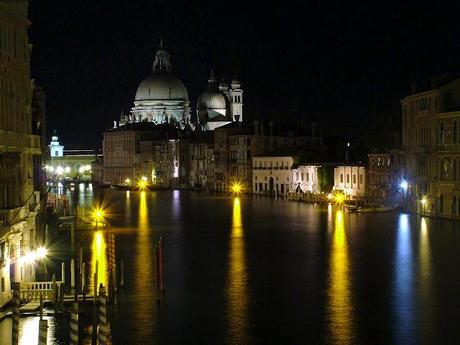
Thus the ruling class managed the social tensions. During the carnival people forgot the sadness and worry to finally dedicate time to the fun.
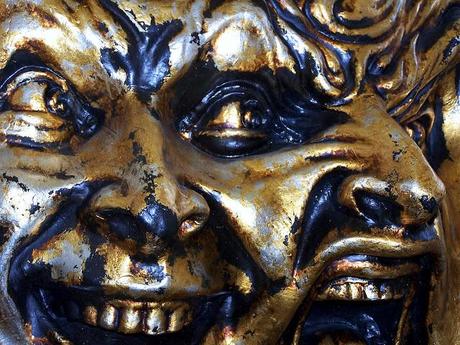
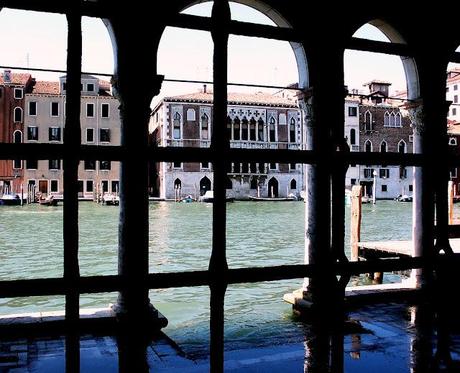
But what were the attractions of the ancient Venetian Carnival?
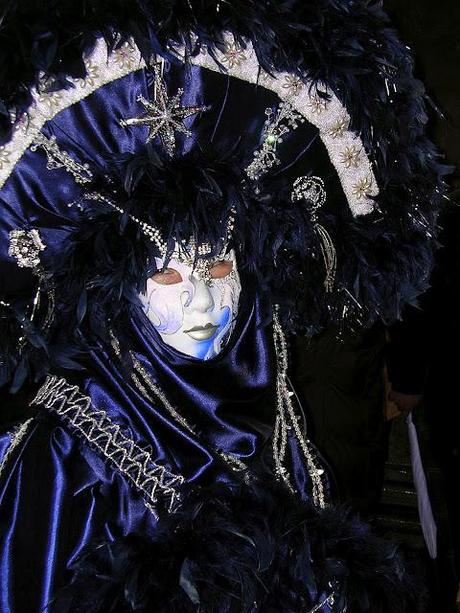
First of all food, sweets (like typical fritoe) and wine in abundance.
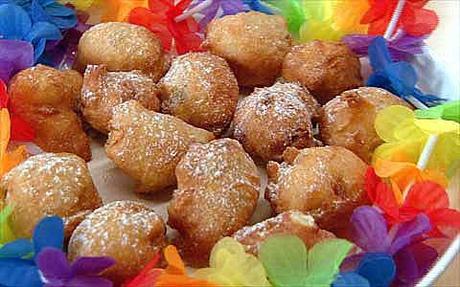
In the fields and squares there were stages on which the people could attend games tumblers, acrobats and exotic animals. Public dances and loud music everywhere and no one was left alone.
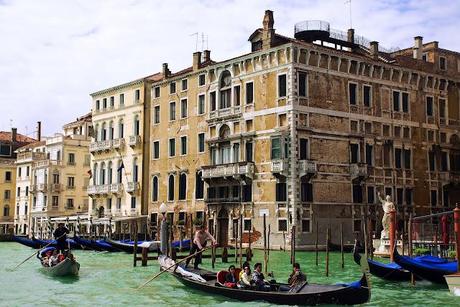
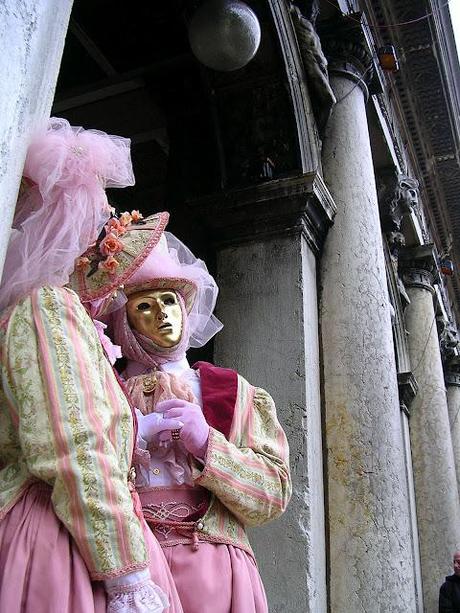
Even today we can watch the traditional dove in flight: the intrepid acrobat who, from the bell tower in Piazza San Marco, slips on a rope to the Ducal Palace.
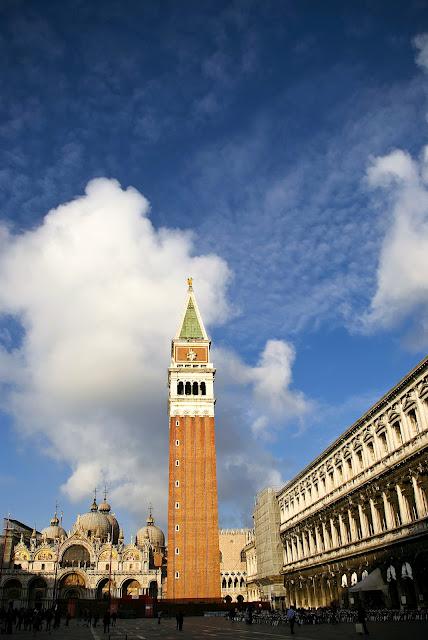
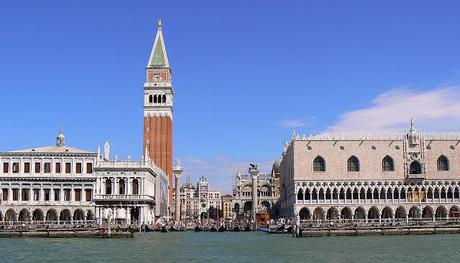
There were also the spectacular “forces of Hercules”: human pyramids in perfect balance on rickety rafts. And finally the machine dei foghi (pinwheelsof fireworks) that often caused accidents among the spectators.
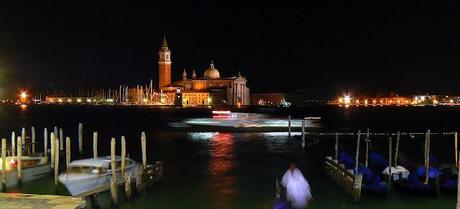
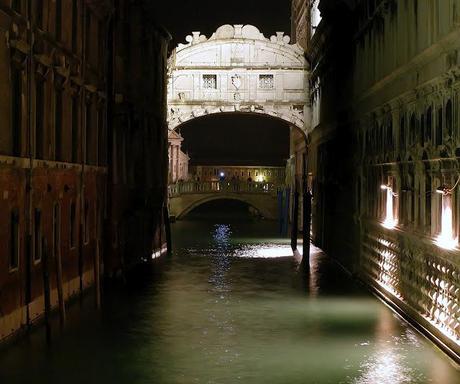
Everyone could have fun, but strictly in mask.
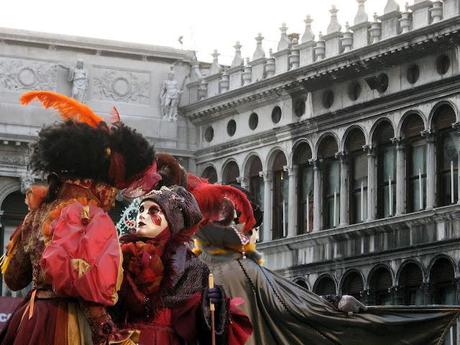
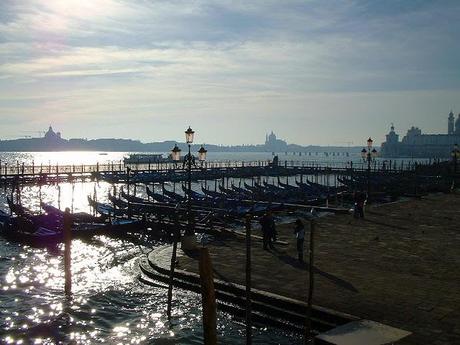
What masks?
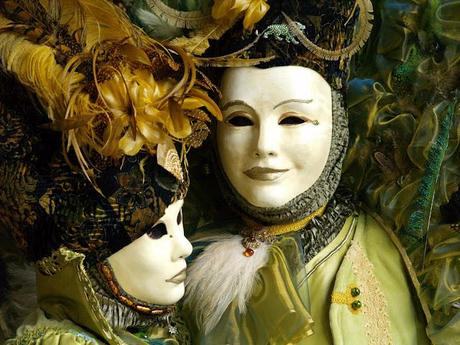
The most popular is the bauta, made by the larva, a decorated mask in white linen, worn with a tricorn hat and a cape.
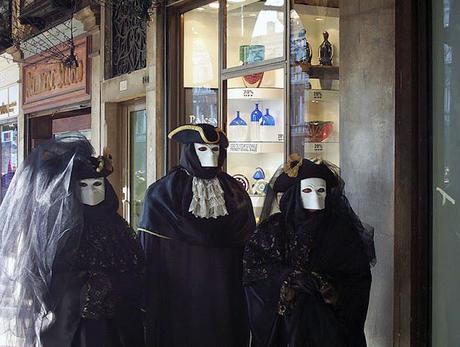
Or that of the “plague doctor”, with his long nose filled with ancient herbs to filter out the noxious air.
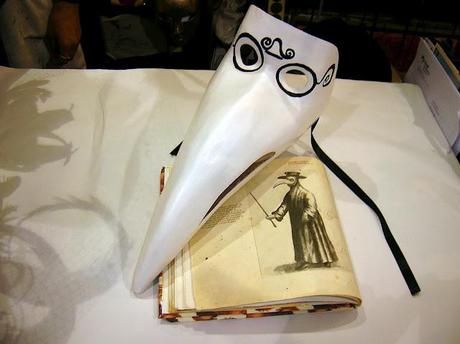
For girls there was the “French brunette” or “dumb maid”, an oval of black velvet to bear by a button held between the teeth.
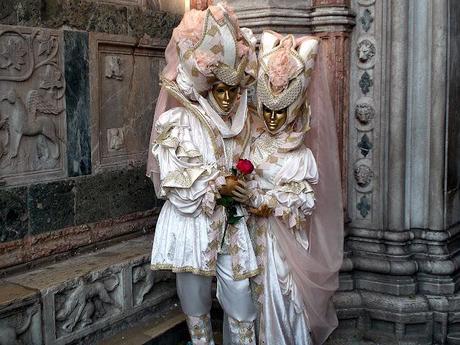
For Comedians the gnaga, which was useful for interpreting women's roles.
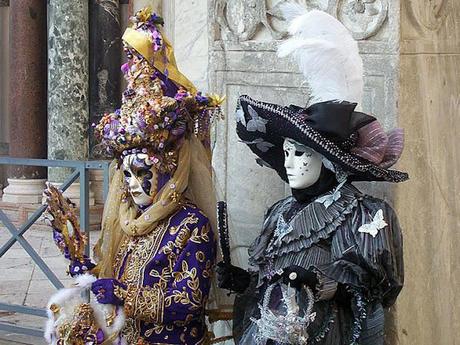
Special masks, of each type and price, made by real craftsmen (mascherieri), artists members of the College of Painters.
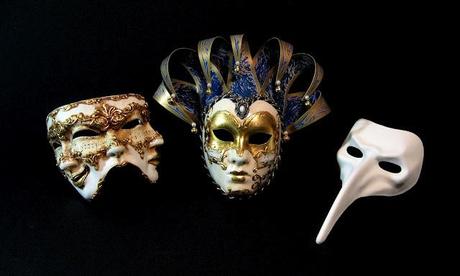 And for the rich, what offered the carnival?
And for the rich, what offered the carnival?
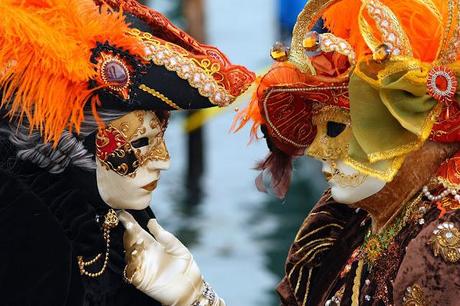 Transgressions most refined, of course!
Venice has long been known as "house of pleasure of Europe."
Transgressions most refined, of course!
Venice has long been known as "house of pleasure of Europe."
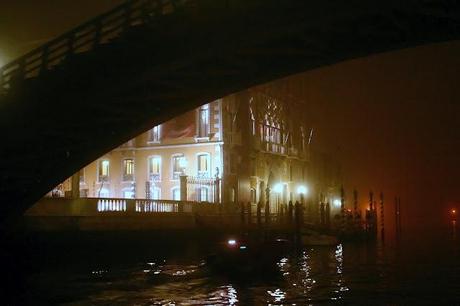 The “casini”, small private homes rented near San Marco, became the perfect setting for the practice of gambling and entertainment of sexual nature.
The “casini”, small private homes rented near San Marco, became the perfect setting for the practice of gambling and entertainment of sexual nature.
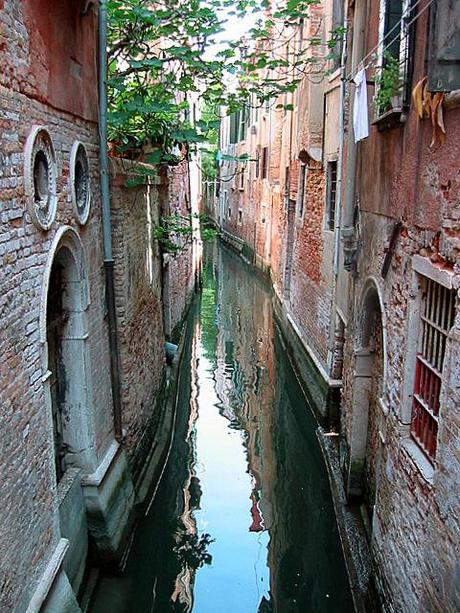
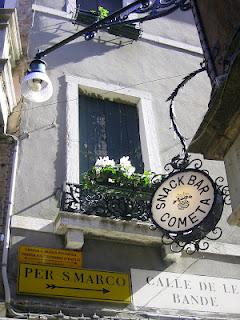 The authorities showed an ambivalent attitude towards these places: on one side they were seen as morally objectionable, on the other side they ensured the inflow of huge sums of money.
The authorities showed an ambivalent attitude towards these places: on one side they were seen as morally objectionable, on the other side they ensured the inflow of huge sums of money.
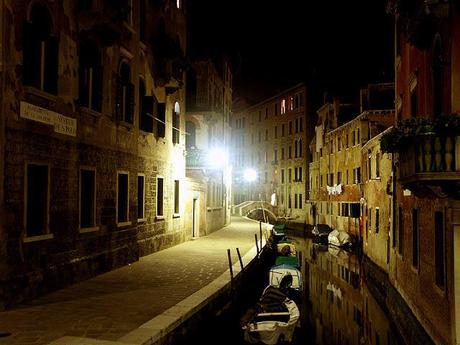 Homosexuality was widespread. In 1511 the prostitutes of Venice sent a petition to the Patriarch Antonio Contarini to the lack of customers. Right after this, was issued the order that the applicants are urged to show their breasts half-naked. Thus was born the famous “Bridge of Tits” in the district of St. Paul, in the Carampane.
Homosexuality was widespread. In 1511 the prostitutes of Venice sent a petition to the Patriarch Antonio Contarini to the lack of customers. Right after this, was issued the order that the applicants are urged to show their breasts half-naked. Thus was born the famous “Bridge of Tits” in the district of St. Paul, in the Carampane.
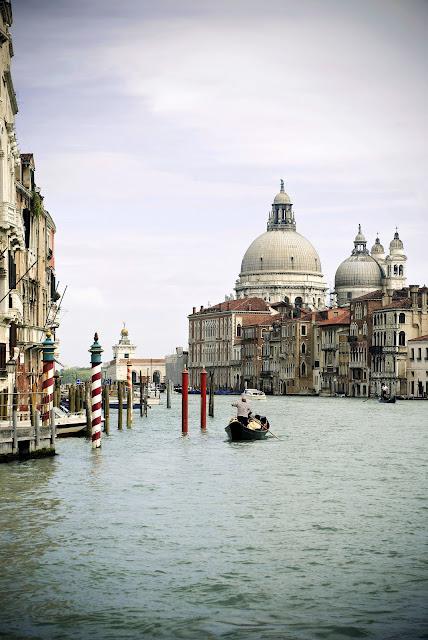 In 1628, trying to maintain the control of the situation, the Council of Ten granted to Marco Dandolo the permission to open a casinò near Campo San Moisè. The famous Ridotto! The site was periodically closed and reopened, it was scene of heavy losses, loans and illicit amorous encounters.
In 1628, trying to maintain the control of the situation, the Council of Ten granted to Marco Dandolo the permission to open a casinò near Campo San Moisè. The famous Ridotto! The site was periodically closed and reopened, it was scene of heavy losses, loans and illicit amorous encounters.
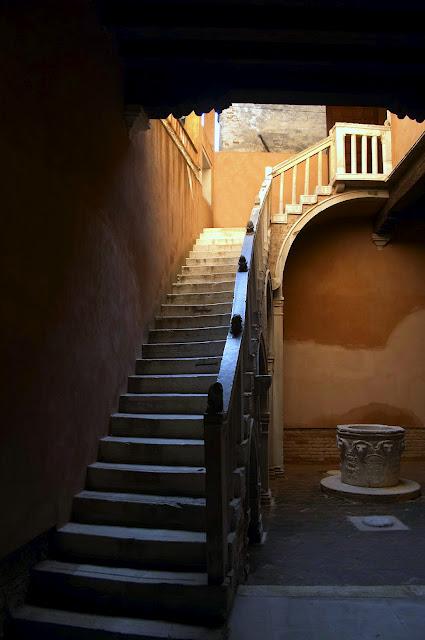 In 1789 the death of the Doge Paolo Renier was silenced for twenty days, not to interrupt the organized events and the related influx of money.
In 1789 the death of the Doge Paolo Renier was silenced for twenty days, not to interrupt the organized events and the related influx of money.
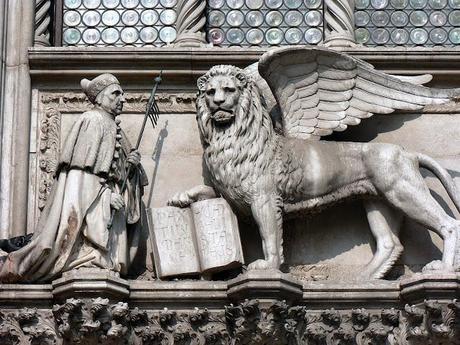
Carnival suffered a period of arrest as a result of the fall of the Republic of Venice, during the Austrian and French occupation. The tradition, however, remained alive in the islands of Burano and Murano.
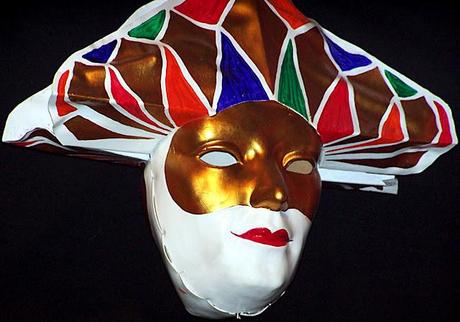
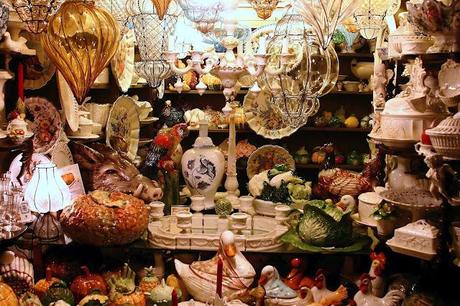 Usually the festivities lasted for a very long time: they started the first October’s Sunday, emphasized the day after the Epiphany, and reached the maximum of expression in the days before the Lent.
Usually the festivities lasted for a very long time: they started the first October’s Sunday, emphasized the day after the Epiphany, and reached the maximum of expression in the days before the Lent.
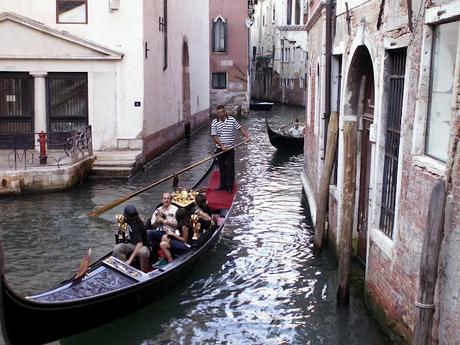
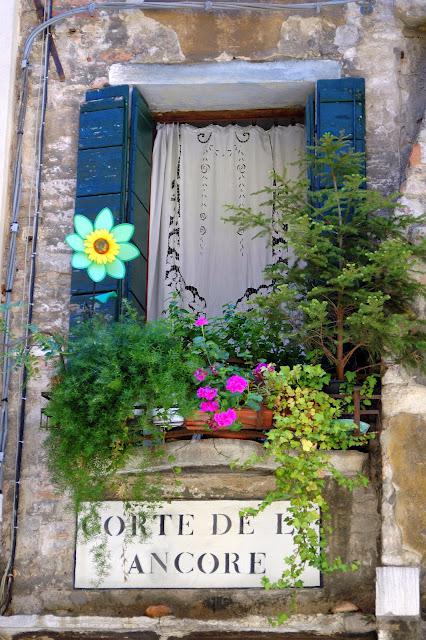 Today Carnival lasts about ten days before Lent period; although in Venice citizens and organizers work almost all the year to organize a carnival every time unique and special.
Today Carnival lasts about ten days before Lent period; although in Venice citizens and organizers work almost all the year to organize a carnival every time unique and special.
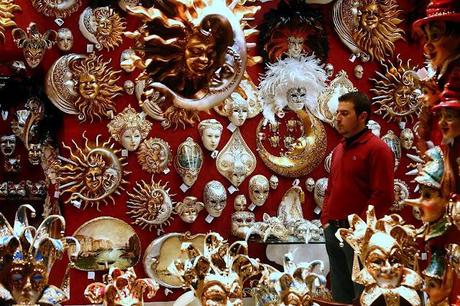 FRITOE VENEZIANE
Venetian fritters
FRITOE VENEZIANE
Venetian fritters
Ingredients: 00 ½ kg of flour 150 cc of water two eggs 30 g of yeast 60 g of sugar aromas:
2 tablespoons of rum or lemon and a teaspoon of vanilla extract 250 g of raisins 1 tablespoon pine nuts 100 g candied orange or dark chocolate chips 10 g of salt plenty of oil for frying
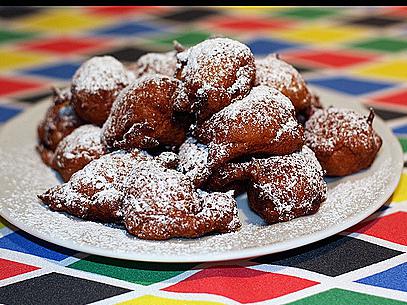 Dissolve sugar and yeast in the lukewarm water in a saucepan.
Slowly add the flour, then eggs and spices, stirring well for a few minutes.
Next add the raisins, pine nuts, the diced orange peel.
Stir for a few minutes and add salt.
Mix things up a bit more and let the dough rest for an hour.
Turn the hot oil in a frying pan not very large but quite high, so you can float fritters.
Don’t put too muchfritters in the oil at the same time, it should be turned on themselves halfway cooking.
Dissolve sugar and yeast in the lukewarm water in a saucepan.
Slowly add the flour, then eggs and spices, stirring well for a few minutes.
Next add the raisins, pine nuts, the diced orange peel.
Stir for a few minutes and add salt.
Mix things up a bit more and let the dough rest for an hour.
Turn the hot oil in a frying pan not very large but quite high, so you can float fritters.
Don’t put too muchfritters in the oil at the same time, it should be turned on themselves halfway cooking. The pancakes are thrown in the hot (but not frying) oil using a spoon dipped in water and pushing the dough in the oil off the spoon with your finger. When they are golden pass them on paper towels and sprinkle with granulated sugar.
